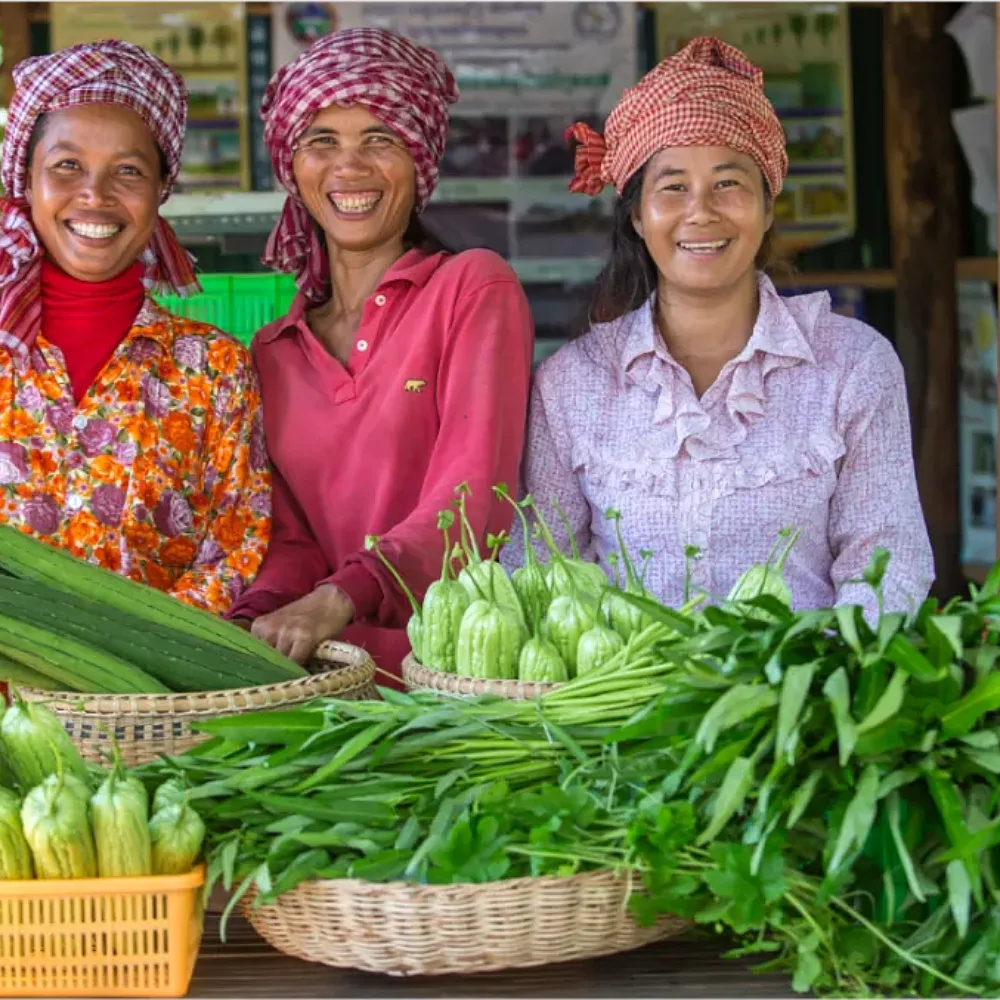COP30 is the premier global event for climate negotiations and policymaking, bringing together nearly 200 parties to advance the goals of the Paris Agreement and respond to the findings of the Global Stocktake finalized at COP28. With over 60,000 participants expected, including world leaders, climate ministers, scientists, civil society, and Indigenous Peoples, COP30 will be a landmark moment for global climate governance.
The 2025 conference is especially significant because all countries must submit updated Nationally Determined Contributions (NDCs) by early 2025. COP30 will assess the ambition of those pledges and push for acceleration toward net-zero emissions, enhanced adaptation efforts, and equitable finance mechanisms.
Key program highlights include:
Heads of State and Government Summit (6–7 November), ahead of formal negotiations, emphasizing political leadership on climate ambition.
The launch of the Tropical Forest Forever Facility (TFFF) – a proposed $125 billion blended-finance instrument to preserve rainforest ecosystems across the Amazon, Congo, and Southeast Asia.
Advancing the Baku–Belém Climate Finance Roadmap, which seeks to scale annual climate finance from $300 billion to $1.3 trillion by 2035, with clear milestones for 2027 and 2030.
A major focus on nature-based solutions, Indigenous land stewardship, and Amazon-centered just transitions, reflecting the significance of the host location.
The conference will also tackle unresolved issues around loss and damage, carbon markets (Article 6), fossil fuel phase-out, and adaptation frameworks with stronger accountability metrics.
COP30 is poised to be the most consequential climate summit since the Paris Agreement. With its Amazonian backdrop and Brazil’s renewed international climate leadership, the summit seeks to unlock multilateral momentum, scale up finance, protect nature, and put climate justice into motion.
It is not just a diplomatic conference, but a decisive moment for the planet’s future.


